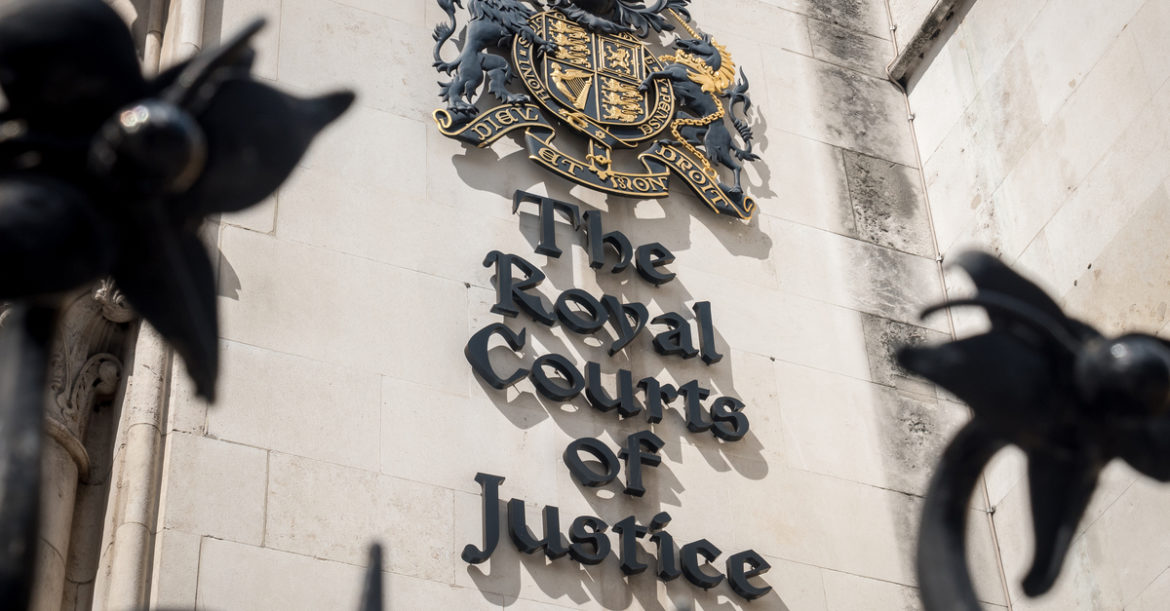The Rare Choice – Governing Law of Arbitration Clauses

[2020] EWCA Civ 6 Kabab-Ji SAL v Kout Food Group
In its judgment 20 January 2020, the English Court of Appeal refused the enforcement and recognition of an arbitral award handed down by a tribunal seated in Paris, on the basis that the award was made against a non-party. The arbitral award in question concerned an agreement which, in accordance with the agreed arbitration clause, referred disputes to arbitration in Paris in accordance with the rules of the International Chamber of Commerce (ICC). A question arose whether one of the parties to the arbitration had become an additional party to the agreement and therefore bound by the arbitration clause. The Court found that the entity in question was neither a party to the agreement nor the arbitration clause, as the requirement for written notice had not been followed.
An important premise for the judgment is a discussion of which law governed the interpretation of the arbitration clause. The Court of Appeal held that the governing law clause of an agreement does not necessarily extend to the arbitration clause, which can be regarded as a separate agreement. However, in the present case the proper construction of the main contract and the arbitration clause led to the conclusion that English law also did govern the latter. The express words used by the parties demonstrated a clear intention, even if it was not spelt out expressly in the arbitration clause itself.
The Court of Appeal specifically rejected the notion that separability can be relied upon to divorce the arbitration clause from the main contract for interpretative purposes. The principle of separability ensures that the dispute resolution procedure chosen by the parties survives the main contract becoming unenforceable or void for example because of fraud or misrepresentation, compare the Norwegian Arbitration Act section 18. Separability does not preclude an arbitration clause being construed together with the main contract as a whole.
The Issue under Norwegian Law
For arbitrations seated in Norway, the arbitral tribunal shall apply the law agreed by the parties to the substance of the dispute, cf. Section 31 of the Norwegian Arbitration Act. It is outside the competence of the tribunal to disregard the choice of the parties; that may lead to the award being set aside or render it unenforceable. However, if the parties have not agreed on the substantive law, the arbitral tribunal shall apply the law which follows from the Norwegian choice of law principles.
Sections 43 and 46 of the Norwegian Arbitration Act presuppose that the parties can also agree on the governing law of the arbitration clause. However, the parties rarely subject the arbitration clause to an express choice of law.
Also for arbitrations seated in Norway, the starting point is that the governing law provision of the main contract does not extend to the arbitration clause. However, as illustrated by the English Appeal Court’s judgment, interpretation issues could also arise under Norwegian law if the main contract is subject to Norwegian law, the arbitration clause silent on the governing law, but the arbitration seated outside of Norway. The choice of a non-Norwegian seat would then provide a strong argument that the governing law of the arbitration clause follows that of the seat of arbitration. However, also under Norwegian law the principles of interpretation of contracts are sufficiently flexible to allow for the conclusion that the proper and holistic construction of the main contract and the arbitration clause is that the parties’ intention was for the governing law provision of the main contract to extend to the arbitration clause.
Our Recommendation
The Court of Appeal’s decision underlines the importance of including an express choice of governing law in the arbitration clause for certainty and predictability to be ensured.
